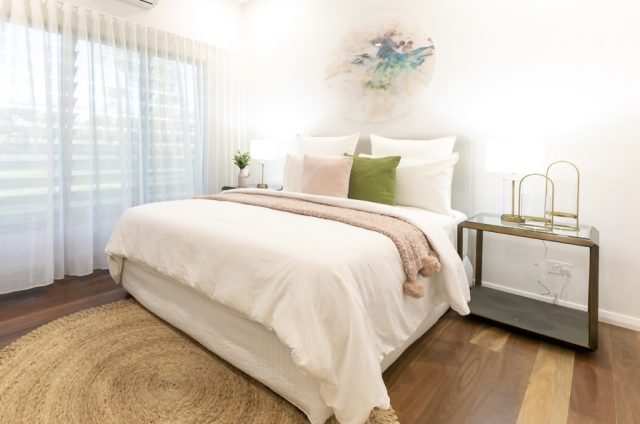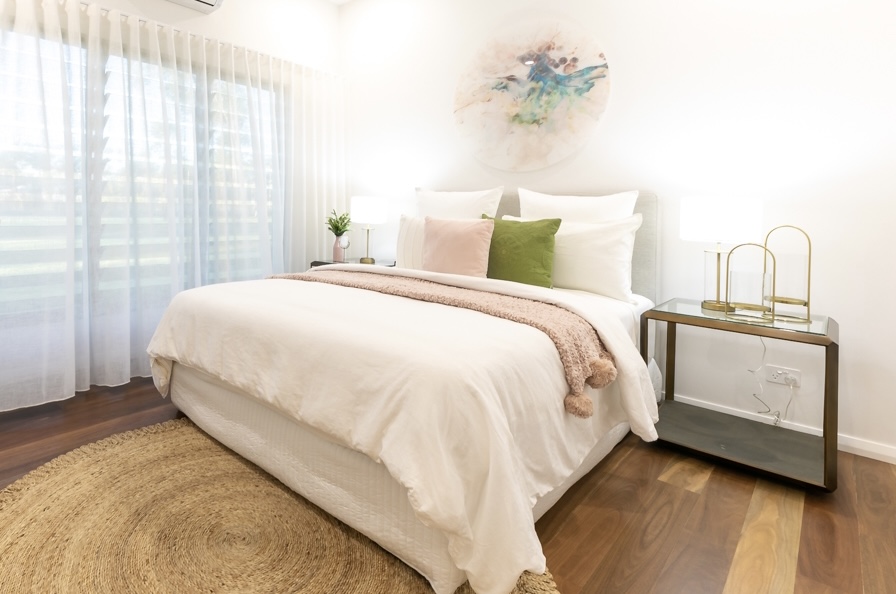By Jane Langof, Feng Shui Master
Feng Shui is about our relationship with our surroundings and how this affects our moods, psychology and luck. The aim of Feng Shui is to design spaces with the right energy flow to promote wealth, great health and harmonious relationships.

Energy is all around us, in the things we can see and in how we feel when we walk into a space. You might have heard that we’re influenced by the people we spend the most amount of time with? The same is true for where we live. The energy in our homes affects the way we think, feel and act.
Feng Shui originated in China thousands of years ago. Ancient Chinese Masters discovered that when people were aligned with positive energy they experience periods of great fortune, and when they were aligned with negative energy they would experience obstacles and bad luck. Guidelines, calculations and systems were developed that form the basis of traditional Feng Shui. True Feng Shui is not based on superstition or religion – it is a technical practice based on formula, arrangement and the principles of yin and yang.
Each home has a unique map of energy based on the orientation, building date and layout of a home. This is like a horoscope that indicates how well the home supports finances, health and relationships for the people living there. This map of energy indicates where positive zones are, such as the Wealth sector, and where the toxic energies can be found that exacerbate sickness, arguments and obstacles.

As a Feng Shui Master, I maximise the energy through the art of arrangement and by using the five elements of Fire, Earth, Metal, Water and Wood. For example, if a room contains negative energy relating to sickness, we would decorate using metallic accents. Each element relates to specific colours, shapes and materials, which can provide inspiration in an elegant design scheme. Tacky lucky objects are not required!
When people think of Feng Shui, one of the first things that comes to mind is clutter. De-cluttering is associated with modern Feng Shui practice because of the huge impact clutter has on the energy in a home. It causes stagnant energy and obstacles (both mentally and physically) and there’s also a link between clutter, depression and health.

Over recent years, many people have felt overwhelmed, out of control and disconnected. Health has been a concern and there’s a lot of negative energy to let go of.
You can banish stagnant energy by decluttering, spring cleaning and using clearing techniques like sage burning.
Get rid of anything with toxic energy like dead plants and stagnant water. Decorate with things you love, like beautiful artwork, fresh flowers or plants, pictures of happy occasions and special people.
To improve wealth and career, start with your office. If possible, sit with your back to a solid wall where you can see the door, to enhance your authority and vision. A view out of a window will improve creativity and ideas. Connecting with nature is proven to be a mood booster, so get a plant that suits the orientation of the room you’re in. My personal favourites are fiddle leaf figs, orchids and maidenhair ferns.
To enhance relationships, work on your bedroom. Place your bedhead against a solid wall where you can see the door (but not in direct alignment), as this will provide a feeling of security and protection. De-clutter around your bed and organise spaces such as walk in robes. Avoid having mirrors reflecting the bed and heavy electrical equipment.
The kitchen is regarded as the heart of the home and energetically impacts health. Avoid decorating with the colour red in large expanses, as it amplifies the Fire element which is already very strong in a kitchen.
One of the best ways to enhance the wealth sector of a home is with a water feature. From a Feng Shui perspective it is important to get placement right as water amplifies energy regardless of whether it is positive or negative.
Focus on the front of your home to attract more opportunities. Do this by sprucing up the front entrance, fixing the garden, clearing the path to your door, and having easy to read numbers so that your home can be easily found.
The best time to incorporate Feng Shui principles is at the concept stage of design, as this is where you will have the best opportunity to maximise energy for abundance and success, and avoid potentially expensive mistakes.
Jane Langof is a Feng Shui Master at Feng Shui Concepts. For more Feng Shui tips and advice follow her on Instagram.


















